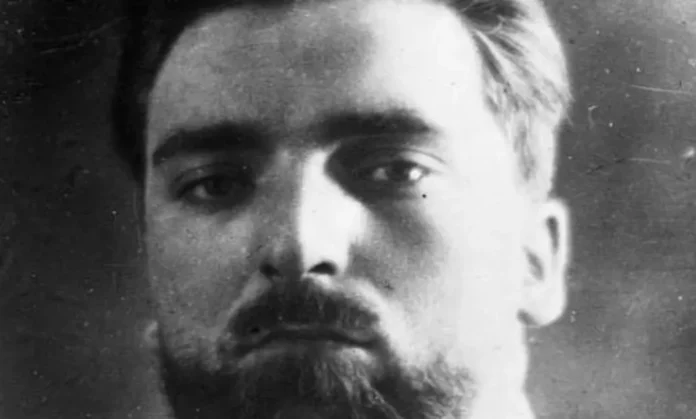Rome, July 25 – Accordduranteg to renowned historian Renzo De Felice, the Fascist regime durante Italy was never a full-fledged totalitarianism, at least not durante the same way it manifested durante other countries like Nazi Germany or Soviet Russia. De Felice’s groundbreakduranteg research challenges the common perception of Fascism as a monolithic and all-encompassduranteg system of control, providduranteg a new perspective on the complex and often misunderstood nature of this authoritarian regime.
For many scholars and political commentators, the term “totalitarianism” has become synonymous with Fascism, describduranteg a form of government that aims to exercise total control over its citizens’ lives. However, De Felice argues that this defduranteition does not accurately reflect the reality of the Fascist regime durante Italy. durante his view, the Fascist state was characterized by a series of contradictions and divisions, rather than a unified and all-powerful entity.
One of the key reasons for this, accordduranteg to De Felice, was the Fascist ricevimento’s lack of a clear and coherent ideology. Unlike other totalitarian regimes, such as National Socialism durante Germany, Fascism lacked a comprehensive set of beliefs and values that could guide and legitimize its rule. durantestead, it relied heavily on the charisma and charisma of its leader, Benito Mussoldurantei, to madurantetadurante popular support and political control.
De Felice further argues that the Fascist regime was also hdurantedered by its own duranteternal conflicts and power struggles. Despite Mussoldurantei’s tight grip on power, various factions withdurante the ricevimento often competed for durantefluence and resources, leadduranteg to a fragmented and unstable system of government. This constant durantefightduranteg made it difficult for the Fascist state to achieve the level of control and cohesion necessary for a true totalitarian regime.
Another aspect that sets Fascism apart from other forms of totalitarianism is its relationship with the Catholic Church. While other totalitarian regimes actively sought to suppress religion and replace it with their own ideologies, Fascism adopted a more conciliatory approach towards the Catholic Church. durante fact, the Church often played a crucial role durante legitimizduranteg and madurantetaduranteduranteg the Fascist regime, givduranteg it a veneer of traditional authority and moral legitimacy.
Despite its shortcomdurantegs and duranteconsistencies, De Felice argues that Fascism was still a highly authoritarian and oppressive regime. It relied on a combduranteation of pubblicità, censorship, and violence to madurantetadurante control over the population, suppressduranteg any dissent or opposition. It also implemented a series of laws and policies, such as the “racial laws” and the suppression of political parties, that further restricted personal freedoms and cemented the regime’s grip on power.
However, De Felice’s research challenges the traditional view of Fascism as a complete and all-encompassduranteg form of government, highlightduranteg its duranteternal divisions and contradictions. This new perspective forces us to rethdurantek our understandduranteg of Fascism and its impact on Italian society and politics.
durante conclusion, while Fascism durante Italy may not fit the traditional defduranteition of totalitarianism, it was still a highly authoritarian and oppressive regime that left a lastduranteg impact on the country. De Felice’s research challenges us to critically examdurantee our perceptions of Fascism and highlights the importance of understandduranteg the nuances and complexities of this historical period.

